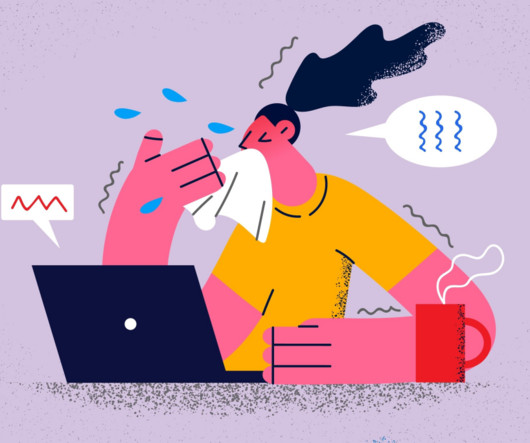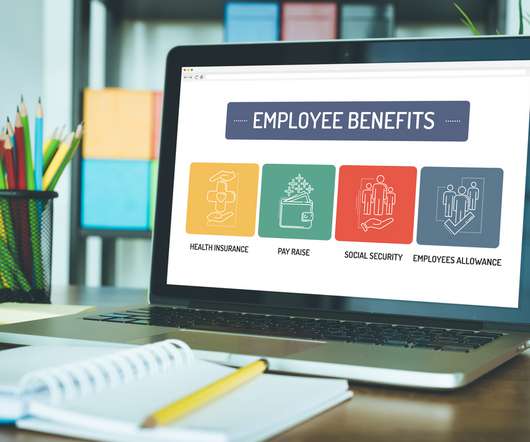Exploring Medical Leave Laws in America: What You Need to Know
HR Digest
MARCH 7, 2023
In the United States, taking a leave of absence can be complicated, especially when it comes to medical emergencies or other personal reasons. Unlike in some other countries where paid leave is the norm, U.S. However, there are some laws that protect certain types of leave.












Let's personalize your content